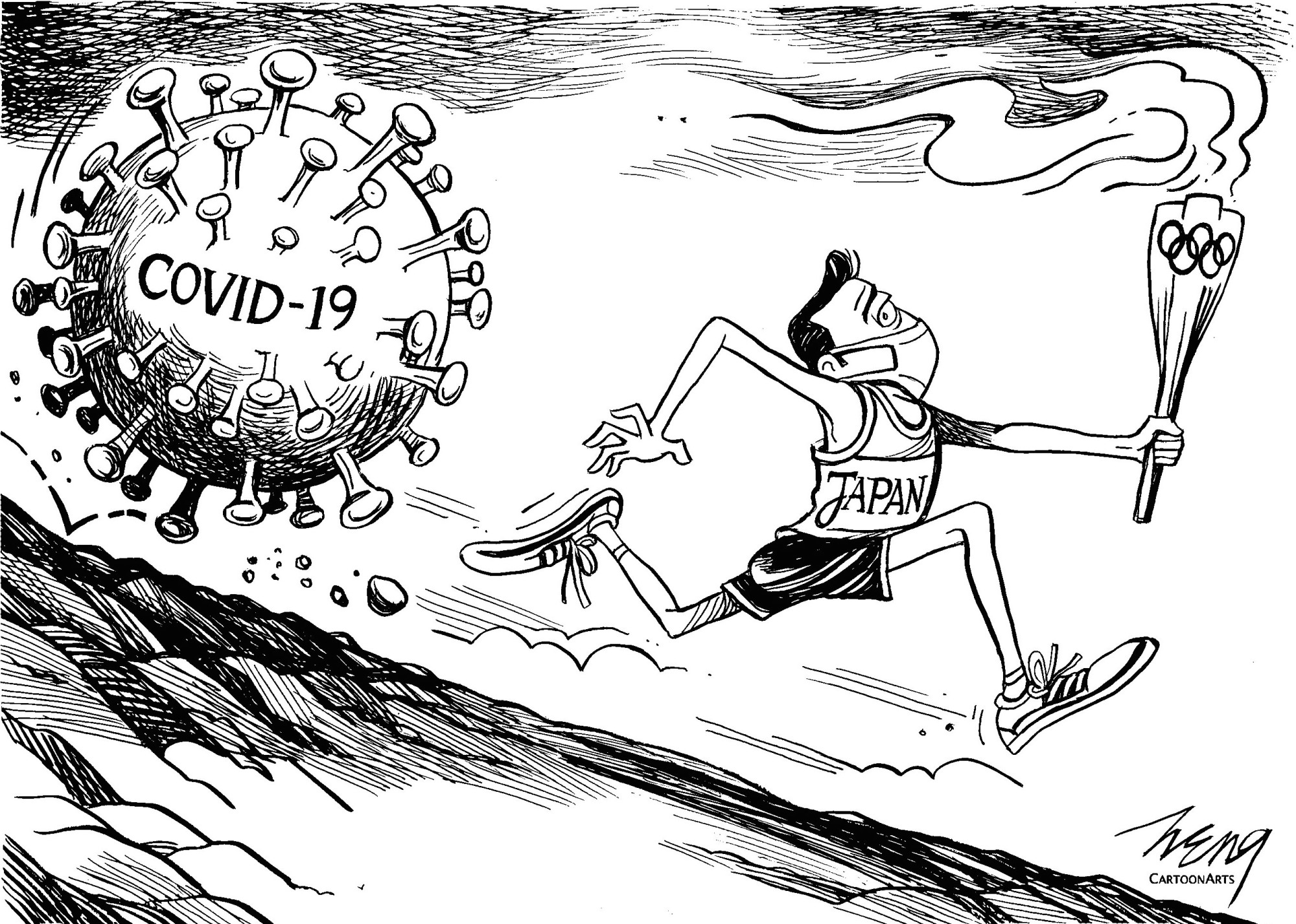Japan finds itself at a critical juncture for the next week or two in the effort to prevent a rapid increase in domestic infections of the COVID-19 coronavirus, according to a panel of infectious disease experts who are advising the government. Yet the government's basic policies released earlier this week — which essentially follow guidelines already announced by the health ministry — do not appear to share that sense of crisis. Efforts to contain the domestic outbreak of COVID-19 can attain greater speed by anticipating and taking steps to avoid a worst-case scenario in which the nation's medical system collapses under the weight of mass infections.
The focus of the fight against COVID-19 has shifted from a prevention of cross-border infections to forestalling a mass domestic outbreak. A panel of experts has stated that the priority now is to curb an increase in new infections and minimize the number of people who develop serious symptoms that can lead to fatalities. The panel has warned of the possibility of mass infections being unknowingly spread by infected individuals, and urges everyone to refrain from attending gatherings and events where they will be in close contact with large numbers of people over an extended period.
In the basic policies unveiled Tuesday, however, the government said it would not uniformly call on organizers to cancel or postpone such events, but instead ask them to think twice about the necessity of the gatherings — wording that reportedly reflected the government's aversion to discouraging economic activities. But on Wednesday, Prime Minister Shinzo Abe said that the government is now requesting that sports and cultural events involving large numbers of participants over the coming two weeks be canceled, delayed or scaled down.



